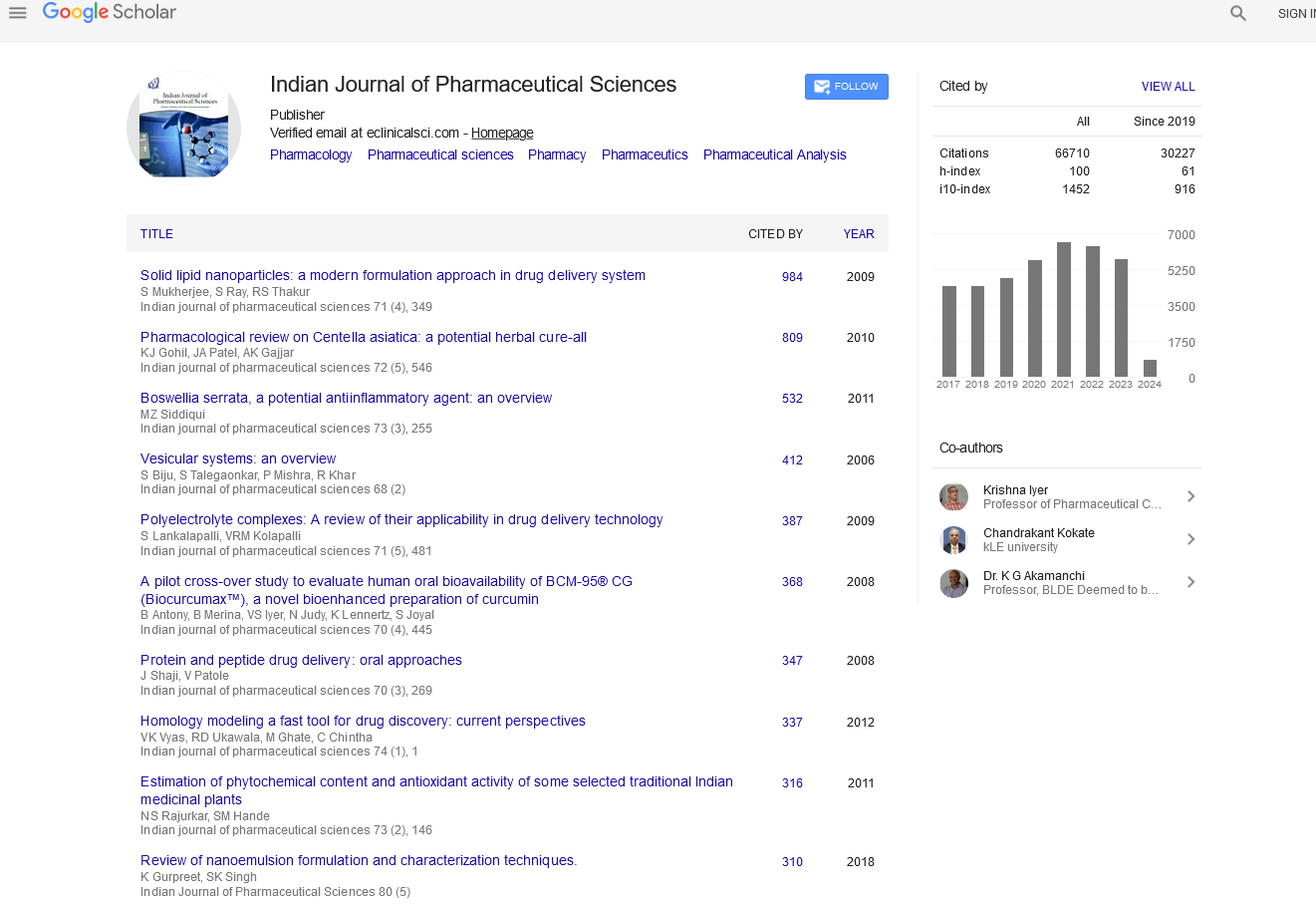Abstract
Development and validation of a reversed-phase high-performance liquid chromatography method for determination of desmopressin in chitosan nanoparticles
Department of Novel Drug Delivery Systems, Iran Polymer and Petrochemical Institute, Tehran, Iran
Correspondence Address:
S M Taghizadeh Department of Novel Drug Delivery Systems, Iran Polymer and Petrochemical Institute, Tehran Iran E-mail: s.m.taghizadeh@ippi.ac.ir
A simple isocratic reversed-phase high performance liquid chromatographic method was developed for determination of released desmopressin from chitosan nanoparticles in the in vitro media. The chromatographic separation was achieved with acetonitrile/water (25:75, v/v), in which water contained 0.1% v/v trifluoroacetic acid with pH=2.5 as mobile phase, a Chromolith® Performance RP-18e column (150×4.6 mm; 5 μm) kept at 40° and ultraviolet detection at 220 nm. The compound was eluted isocritically at a constant flow rate of 1.6 ml/min. The method was validated according to the International Conference on Harmonisation guidelines. The validation characteristics included accuracy, precision, linearity rang, selectivity, limit of detection, limit of quantitation and robustness. The calibration curve was linear ( r>0.9999) over the concentration rang 0.5-100 μg/ml. The limit of detection and limit of quantitation in the release media were 0.05 and 0.5 μg/ml, respectively. The proposed method had an accuracy of and intra- and inter-day precision <4.2. Furthermore, to evaluate the performance of the proposed method, it was used in the analysis of desmopressin level in real samples containing chitosan nanoparticles in the in vitro media.





